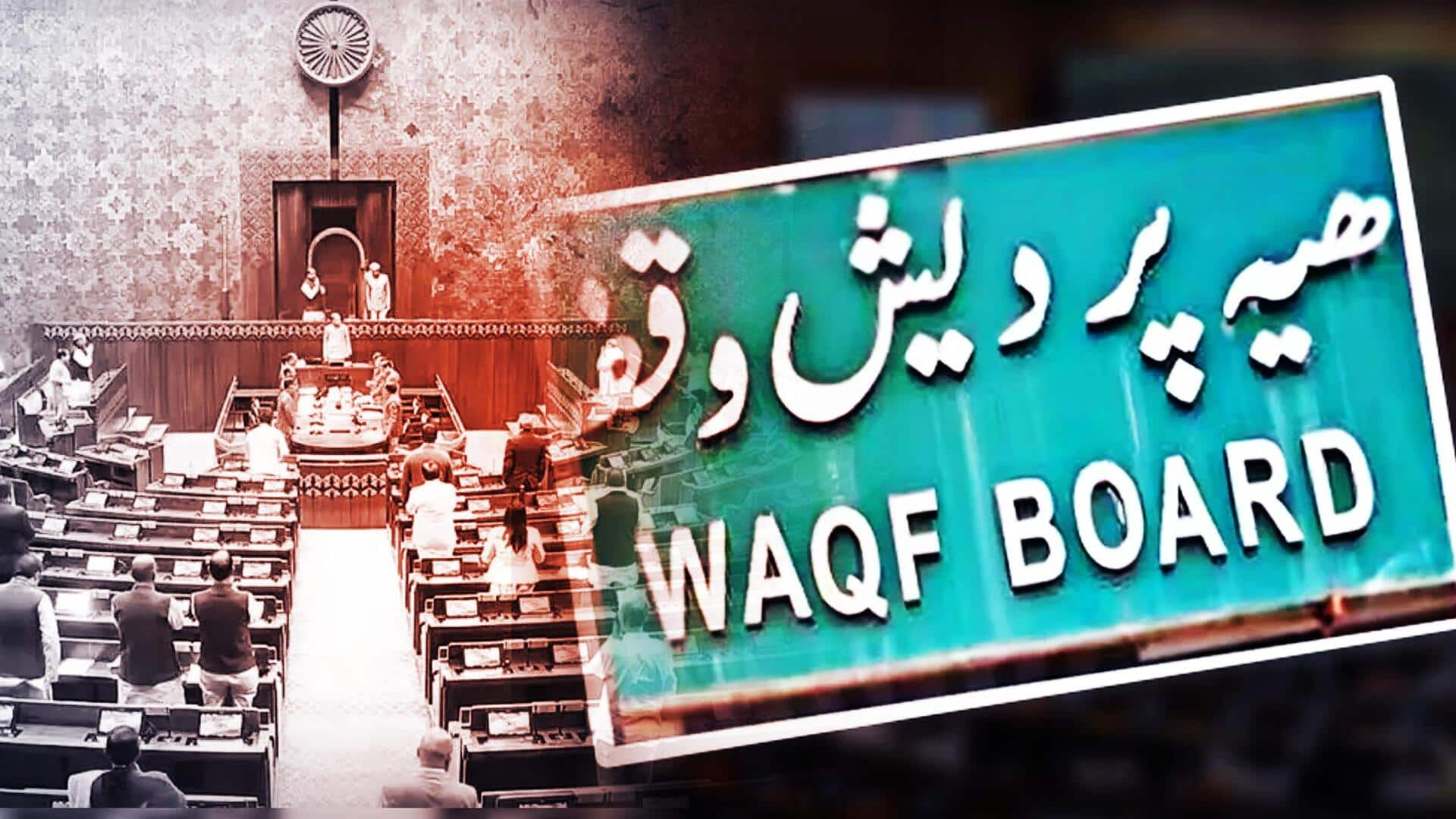
Waqf Amendment Bill cleared by parliamentary committee
What's the story
The Waqf Amendment Bill has been cleared by a joint parliamentary committee with 14 amendments. The committee, headed by Bharatiya Janata Party (BJP) MP Jagadambika Pal, rejected all 44 proposed changes of opposition MPs. This development came after the committee's session witnessed repeated chaos over the opposition's accusations that they weren't given enough time to look at the changes by Pal.
Statement
Opposition MPs called it 'farcical exercise'
"After detailed discussions over....6 months, we sought amendments from all members...So, 14 amendments have been accepted," Pal said. Reacting to the decision, opposition MPs called it a "farcical exercise." "We were not heard. Pal has acted in a dictatorial manner," Trinamool Congress MP Kalyan Banerjee told reporters. Some of the objections raised by the opposition included the clause that would change the Act's title from 'Waqf Act, 1995' to 'Unified Waqf Management, Empowerment, Efficiency, and Development Act, 1995' (UMEED).
Allegations
Opposition MPs accuse committee chair of bias
Another key amendment proposed by the committee is that existing Waqf properties cannot be challenged on the grounds of "Waqf by user." This exists in the current law but would be removed in the new version if the properties are used for religious purposes. The Waqf Amendment Bill also proposes changes in Waqf board administration, including the nomination of non-Muslim and at least two women members.
Proposed changes
Waqf Amendment Bill proposes changes to board administration
Further, the bill proposes to include a union minister, three MPs, two former judges, four people of national repute, and senior government officials in the central Waqf Council. Notably, these members need not be from the Islamic faith. It also restricts land claims by the Waqf Council and limits donations from Muslims practicing their faith for at least five years.
Criticisms
Critics argue changes threaten religious freedom
Critics of the bill say these changes endanger religious freedom and autonomy. Mirwaiz Umar Farooq of Muttaheda Majlis-e-Ulama (MMU) raised concerns over the possibility of threats to Waqf autonomy. He alleged that proposed amendments could turn Waqf properties into government properties by changing revenue records. The MMU had also submitted a written statement opposing these changes as they defeat the purpose of the Waqf Act.